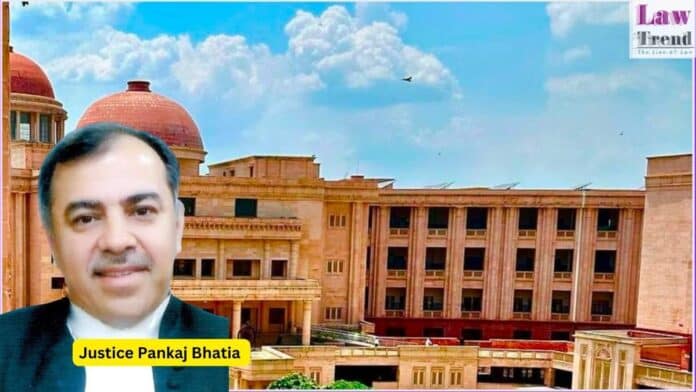The Allahabad High Court has ordered a comprehensive inquiry by the Central Bureau of Investigation (CBI) into alleged procedural irregularities at the Debt Recovery Tribunal (DRT), Lucknow. The case, MATTERS UNDER ARTICLE 227 No. 5381 of 2024, was filed by Bank of Baroda, represented by Mr. Vinay Agrawal through its authorized officer, raising concerns over
To Read More Please Subscribe to VIP Membership for Unlimited Access to All the Articles, Download Available Copies of Judgments/Order, Acess to Central/State Bare Acts, Advertisement Free Content, Access to More than 4000 Legal Drafts( Readymade Editable Formats of Suits, Petitions, Writs, Legal Notices, Divorce Petitions, 138 Notices, Bail Applications etc.) in Hindi and English.




